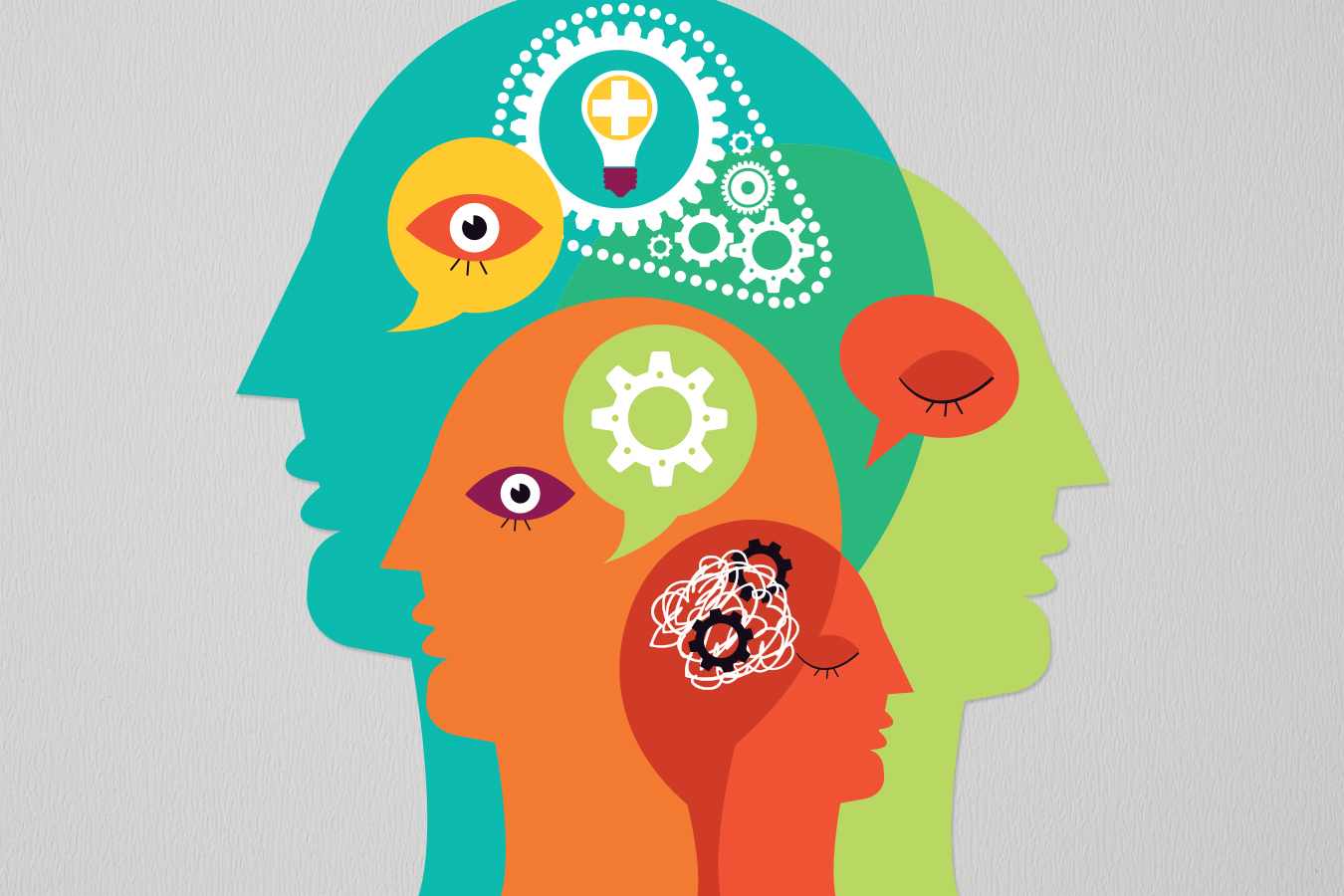
Six Ways to Reduce Unconscious Bias in Healthcare
Predictably, a healthcare setup relieves the discomfort of patients beyond their gender, ethnicity, color, socio-economic status, and the like. However, similar to social preconceptions, these characteristics also pervade healthcare boundaries and define the code of healthcare conduct. As such, patients determine the expertise and suitability of healthcare workers based on their genders. Some prefer that women experts should attend to their female patients. Others see men as most competitive to perform complex procedures.
However, this bias exists not only from the patients’ side; healthcare co-workers also judge each other based on these criteria. As such, bias plays a role when the hospital administration delegates responsibilities to workers. Some hospitals consider women are more responsible, detail-oriented, and compassionate to handle duties effectively. In contrast, others believe men are more focused and rational.
Regardless of the category of bias, it can have negative consequences for the smooth functioning of a healthcare setup. Resultantly, workers cannot perform up to the expectations of hospitals, damaging healthcare quality, credibility, and delivery.
The following sections discuss some approaches to minimize unconscious bias in healthcare.
Observe and heed to cases of bias
Biasness does not emerge and grow abruptly. Certain kinds of mindsets, practices, and environments contribute to its nourishment. Sometimes, personal experiences and prevailing misconceptions lead to bias. As such, healthcare malpractice readily grounds the nurses for treatment failures. Even when the physicians hold the decisive power regarding patients’ treatment, nurses have to justify their roles and qualifications time and again. It is why in many hospitals, Nursing and Implicit Bias go hand in hand, and the association is so common that even fellow workers doubt each other’s expertise when mishaps occur. However, such behavior can harm the sentiments and self-confidence of the nursing workers. Thus it is the responsibility of management to ponder over such incidences and intervene as required. They should create an encouraging environment based on impartiality and expertise.

Impart consciousness regarding the unconscious bias
Conscious or unconscious, biases are harmful to the successful functioning of any organization. However, its impact is more grave when it comes to healthcare practice. It is because professionals in healthcare work as a team, and unconscious bias deteriorates the essence of that teamwork. As a result, they cannot work cohesively and efficiently. Unconscious biases can also create barriers for professionals to give their best, lowering overall healthcare quality.
Thus both the academic and technical training of healthcare staff should address this issue. For instance, healthcare administration should have bias awareness to safeguard workers and patients from discrimination. Strategies like treating people based on their individualism and countering and remedying biased perceptions can be helpful. In essence, until everyone knows and acknowledges what and why is something wrong, they will continue to go about unbothered. It is why a targeted approach towards spreading awareness is essential. That way, awareness can reshape workers’ perceptions and enable them to serve ethically and passionately.
Reflect fairness in the workplace and practice
As much as the opinions vary, so does the scale of bias, which means that implicit biases are pervasive in healthcare. It starts from the first encounter between a healthcare environment and patients. Healthcare staff further affirms and promotes it, though unconsciously. As such, physicians and their patients make assumptions and categorizations from each other’s dispositions, expressions, and ways of communication. Even when they intend to focus on the medical issues and proceed formally, their previous experiences and knowledge dictate the entirety of their encounter. Sometimes, an impartial attitude goes unnoticed; its impact is long-lasting. It means hospitals and their workers should change their outlook towards bias and make a conscious effort to promote fairness. It could involve making hospitals reflective of age group, community, and ethnicity. It means a place of public welfare should depart the same, acknowledging and responding to everyone. Likewise, the structure of their workforce should also represent everyone so that patients do not feel insecure and marginalized based on social or demographic grounds.

Seek the opinion of affected individuals
Healthcare professionals should control bias when they know they are promoting unethical attitudes. People do not realize their words or actions are discouraging, and they do not indulge in thought processing. As such, healthcare professionals preconceive that aged and infant patients do not cooperate in treatment as much as young ones do. In the same way, experts associate that the perception of physical discomfort is higher in females than males. In contrast, it cannot be the case every time. One reason is that diseases can represent varying symptoms from patient to patient, irrespective of gender. Such categorization can hurt patients’ sentiments and even minimize their possibilities to seek equitable professional help.
One way to address impartiality is to seek the opinion of the affected individuals. Hospitals can ask patients if their services corner them based on subjective factors and implement corrective measures. Hospitals should go about the remedial approaches systematically. As such, they should identify if infrastructure, environment, or workforce needs transformation. Such a structural approach can highlight unconscious bias and help in eliminating its practice.
Formulate and implement impartial policies
Biasness of any form and intensity can threaten the essence of the noble healthcare profession to serve patients effectively. It can undermine patients’ well-being when they seek the healthcare system in their most helpless states. The judgmental attitude of healthcare professionals during patients’ vulnerability can be discouraging and even harmful. It is why impartiality in the healthcare system and practice is crucial to minimize the suffering of the people in need of assistance. Hospitals should ensure their workplace policies and protocols are thoughtful to patients’ expectations and sentiments. Likewise, they should also ensure that workers recognize the significance of medical ethics and how their violations can threaten patients’ well-being.
Apart from patients, healthcare policies should also promote fairness for workers. The healthcare system should create possibilities based on standards of professional practice. It means training the workforce based on the ethical principles of autonomy, empowerment, justice, and transparency is also essential. Given these prerequisites, professionals can deliver their services without involving their subjective beliefs or experiences.
Conclusion
Though prejudice thinking may not appear vividly, its influence is prevalent and too stark. Thus it is essential to address various biases in healthcare for the sake of patients’ well-being. No doubt, it takes time and effort to correct practices when you do not know making them consciously. But identifying them and making corrections is vital for the healthcare system to deliver fair and equitable services.









